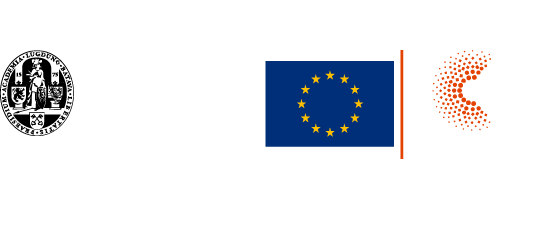
At the 4S (Society for Social Studies of Science) Annual Meeting, Toronto/online, Ildikó Z. Plájás and Francesco Ragazzi organised the panel Vision Expanded: Multimodal Research Designs to Empirically Situate Technologies of Vision.
Taking lessons from plants and animals, drones, machines, algorithms, networks and platforms, STS scholarship on vision has decentered human vision, establishing it as a political technology. These accounts, while addressing the materiality and technology of vision, tend to separate human from non-human. Instead of taking this dichotomy for granted, this panel suggests that scholars can attend to the complexities of vision as distributed across devices, networks, data infrastructures and the human eye. We propose to expand human vision by ethnographically attending to its relationality and entanglements.
To do so, we call for generous methods (M’charek forthcoming), i.e. methods which, instead of taming their research objects, allow for carefully attending to the intricacies of vision. Multimodal research designs allow for such multiplications, cross-modality, and invisualities (Mackenzie and Munster 2019). Yet by theorizing through making (e.g. through audio-visual, coding or other practices) how can they help us situate technologies of vision in their complex and messy networks? This panel invites experimental and multimodal ethnographic accounts of seeing that go beyond the somatic body and even the realm of the visual. We contend that by empirically situating technologies of vision in concrete practices we can effectively explore the politics they articulate. By employing a cross-modal (Ballestero 2019) approach to vision we encourage papers that challenge the separation of human from the non-human as well as to move beyond the panoptic visualizations that dominate the scholarship on securitization and military technologies.
Keywords: vision, politics, multimodality, algorithms, making;


 The Algorithmic Security
The Algorithmic Security 